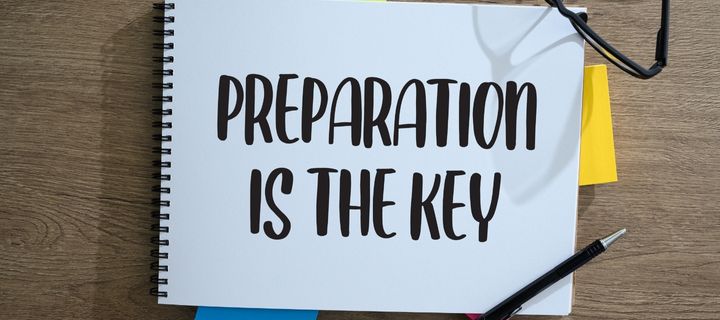
Asides from the current cost-of-living crisis, life tends to bring different problems, which could also affect our finances, such as the loss of a loved one through death or divorce. So let’s go through some practical questions so that you can prepare for any difficult moments and events.
Do you know how to access all your financial accounts?
Financial admin is probably the last thing on your mind after a busy day, but this is very important. For example, should you lose a partner, who managed all or some of your financial affairs, you might need fast access to a particular account or to pay a bill.
Make sure you know the location of all your accounts and assets and any login details. If you are the Executor of a deceased’s estate, you will be responsible for any related administration. So, do your own “audit” and list all your accounts.
Do you have ownership of important accounts?
In many cases, if someone dies or leaves, and it’s their name on an account, it can cause big problems, especially when you need to make any changes. Discuss this with your partner to see how you can better manage this. Also, ensure you both know the location of important documents like Wills, marriage, and birth certificates.
Should a loved one lose the mental capacity to make decisions, this can cause bank accounts to be frozen. So it’s important to make sure you have Lasting Powers of Attorney arranged for you and your partner, parents, or other close relatives. There are two types: Property & Financial Affairs and Health & Welfare. Our team can talk you through the benefits and why it’s advisable to get both types in place to prepare for difficult moments.
Do you have a Will?
A common misconception for people co-habiting is that they will inherit when their partner dies or have certain rights if the relationship breaks down. Unfortunately, this is not the case – the status of “common law wife/husband” does not exist. So make sure you write a Will, especially if you have children, so you can choose who cares for them.
If you’re married or in a civil partnership, then assets up to a value of £270,000 and personal possessions will go to your spouse or partner on your death. The rest of the estate is then halved between your partner and any children (divided equally).
Do you know the role of an Executor?
You may have agreed to be the Executor of someone’s estate. But many people do not fully understand the estate administration process, which can be complex. When you’re dealing with grief, the last thing you’ll want to think about is admin. So, make a list of what duties will be expected of you so you’re prepared.
You’ll need to get in touch with a range of people, including the bank, your financial planner, your family solicitor, and an accountant if the deceased has business interests. You will be expected to pay off any debts and inheritance tax relating to the estate.
Do you have the right protection in place?
More than ever in recent decades, protecting your money and family is crucial. As household bills rise, even comfortable earners are now feeling the force of high inflation and interest rates. So, make sure you have the right type of insurance in place should the worst happen and someone falls ill or passes away. Also, check whether your existing policies are worth the paper they are written on.
Whether it’s protecting your family from the impact of a critical illness or death, your savings, income, or home, we can talk you through how the different options work. We can also look at your existing policies to see if they are the right ones for your situation. Preparation will help you minimise extra stress or worry if you face trauma.
Once you have complete control over your finances, you will be prepared for difficult moments and life events. Getting your finances in order will be the key to you being able to react and make quick decisions. When you use a financial planning firm like ours, you will make your money work harder and have safety measures in place should the worst happen.
We can help you prepare for difficult moments, starting with a review of where you are and where you’d like to be. Then, get in touch to speak to our financial planners.
https://www.investopedia.com/articles/pf/11/prepare-for-a-financial-crisis.asp

